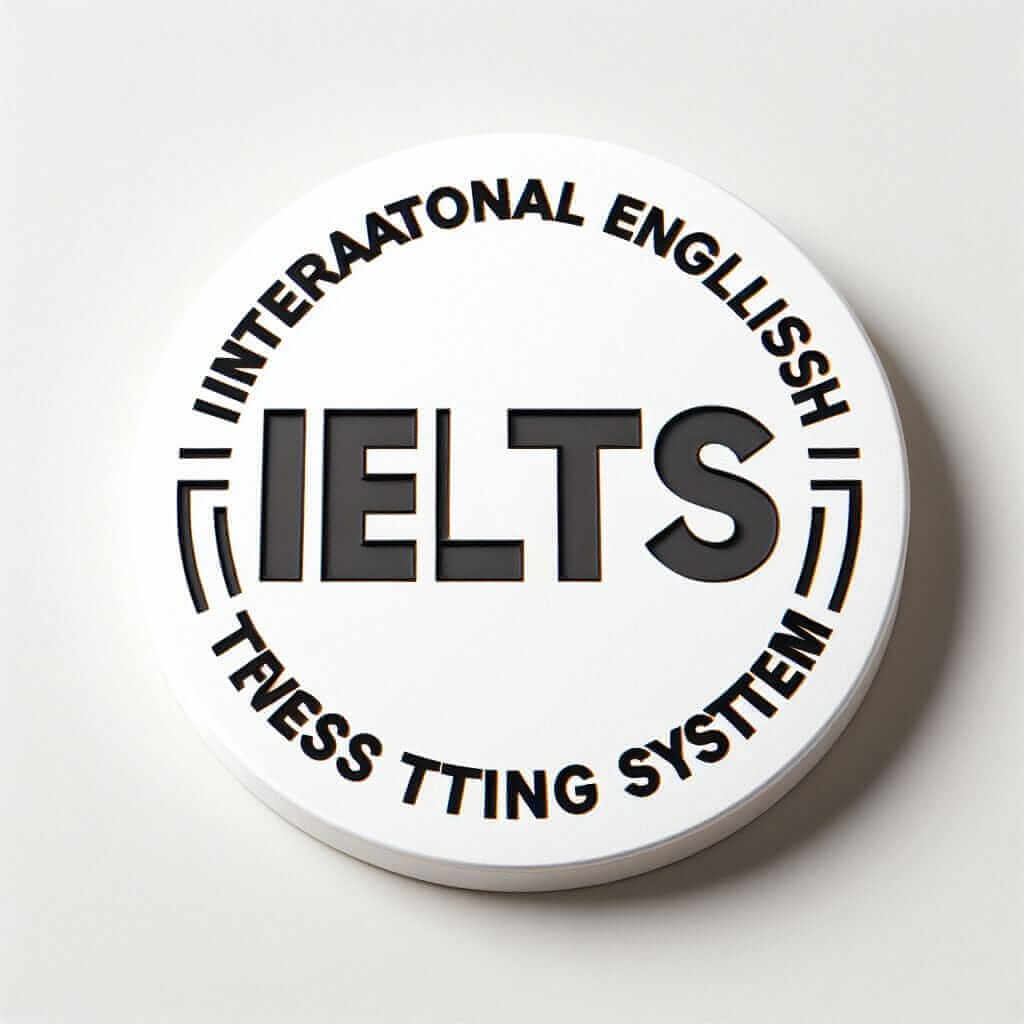As an IELTS instructor with over two decades of experience, I often encounter questions about the IELTS exam itself, and sometimes, these questions take an unexpected turn. One such query that has surfaced is “Who founded this organization of mfug IELTS?”. While “mfug” doesn’t hold any direct relevance to the IELTS world, this question presents a valuable opportunity to address common misconceptions and provide clarity on the organizations behind IELTS.
Understanding the Query: “Who Founded This Organization of Mfug IELTS?”
The phrase “mfug IELTS” appears to be a sporadic combination of terms, possibly stemming from online forums or casual conversations. It’s crucial to understand that “mfug” doesn’t represent any official body or entity within the IELTS framework.
However, the underlying question about the origins of IELTS is valid. Let’s delve into the organizations responsible for developing and administering this globally recognized English language proficiency test.
IELTS: A Joint Venture for Language Assessment
IELTS is not the brainchild of a single organization but a collaborative effort by three key stakeholders:
1. The British Council
Established in 1934, the British Council is a globally recognized organization promoting cultural relations and educational opportunities. It plays a pivotal role in developing and administering IELTS, leveraging its extensive expertise in English language assessment.
2. IDP: IELTS Australia
IDP Education, commonly known as IDP: IELTS Australia, is an international education organization specializing in student placement services. As a co-owner of IELTS, IDP contributes significantly to the test’s global reach and accessibility.
3. Cambridge Assessment English
Cambridge Assessment English, a department of the University of Cambridge, brings centuries of experience in language assessment to the IELTS partnership. It plays a critical role in ensuring the test’s academic rigor and international recognition.

Addressing Common IELTS Queries
The search for “Who founded this organization of mfug IELTS?” highlights a broader need for reliable information within the IELTS community. Students often seek answers about the test format, scoring criteria, and preparation strategies.
My advice is to rely on official sources like the websites of the British Council, IDP, and Cambridge Assessment English. These platforms provide accurate and up-to-date information to guide your IELTS journey.
Conclusion: Focusing on Effective IELTS Preparation
While the phrase “mfug IELTS” may lead to a dead end, it underscores the importance of seeking credible information. Remember, success in IELTS comes from understanding its structure, mastering the English language skills it assesses, and practicing effectively. By focusing on your preparation and utilizing resources from official sources, you can confidently approach the IELTS exam and achieve your desired scores.